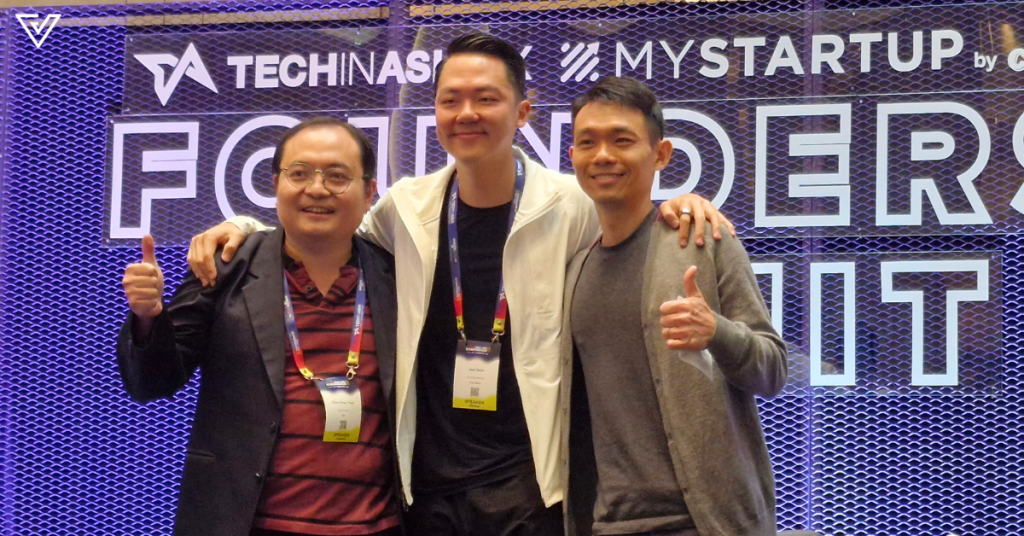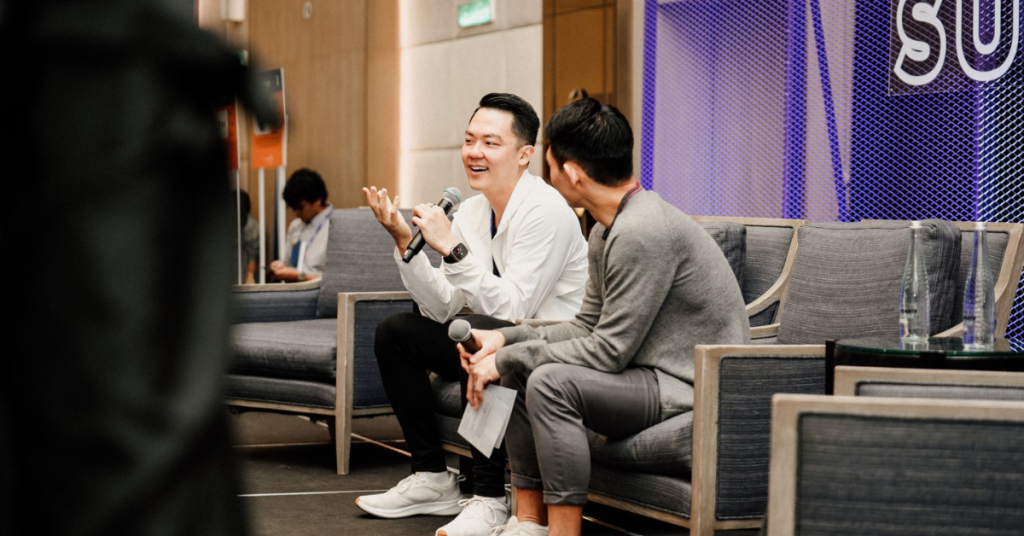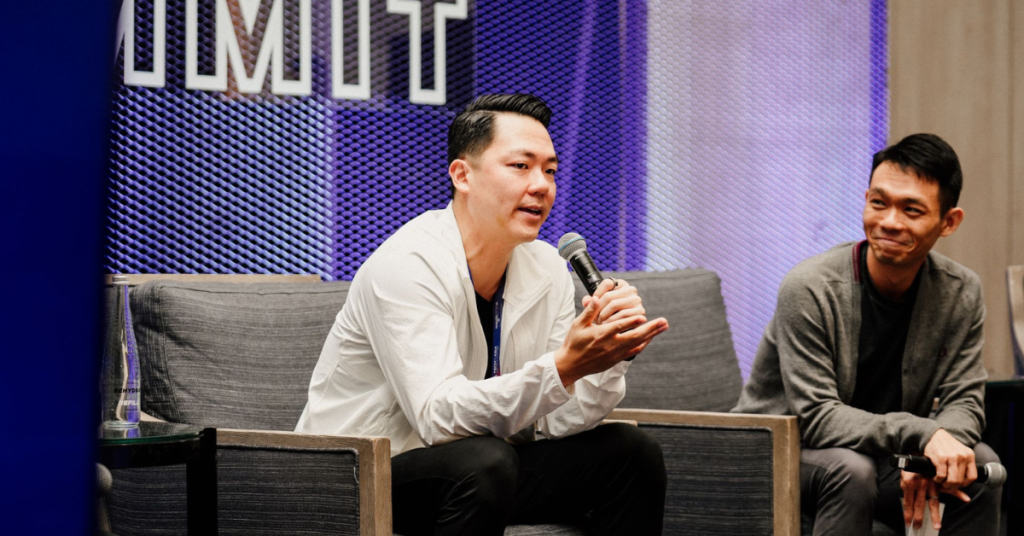As a founder, there will come a time when you’ll have to choose—do you stay on with the company or do you take a step back and let go?
It’s not an easy decision to make. This is your baby we’re talking about, a venture that you nurtured and built from the ground up. So where do you go from here?
Serial entrepreneur Joel Neoh, co-founder and ex-CEO of Fave, was left stumped with the same question not too long ago.
“[I] felt disappointment,” he shared candidly to the audience at a talk during Malaysia’s inaugural Tech in Asia Conference. “We don’t really plan the exit. Like relationships, you don’t think of breakups or divorce. You don’t think of selling [the company] when you start, that’s never the case.”
But a series of events led him to eventually exit Fave.
Trust your gut to lead you to the right path
At the time, one of his close friends (who was only 37 years old) had passed away. He had dedicated his whole life to running his company only to leave the world too soon. Joel’s romantic relationship back then also just fell through which left him in a quiet slump of sorts.
“With Chen Chow, we had been building this company (Fave) [for eight years] and then now the dynamic is quite different. For the company to be successful, it was almost probably like I needed to exit the leadership team.”
Joel likened it to building a basketball team but then the sport changed. Instead of shooting hoops, you’re now asked to score goals in football. It’s similar to how older and more traditional businesses have had to adapt to modern technology.

“So you kind of tell all your team members who built this company over the past eight years to restart a new journey,” he said. That’s what some other startup founders do to keep up with the times.
Not Joel, though. He explained that he didn’t have it in him to do this back then and trusted his gut feeling that it was time to go. “I just didn’t have the emotional capacity and drive.”
So he and a few others left the team, while Fave’s other co-founder, Chen Chow, stayed on.
Don’t shy away from the emotional rollercoaster ride
Similar to how your heart feels heavy to leave a long-term relationship, so too is the case with exiting a startup. You’ve poured your heart, sweat, and tears into building up this one venture. Not to mention the many sleepless nights you sacrificed for it.
Yet, it doesn’t have to be a sad ending.
Sure, there are tangible things you’ll be leaving behind, like a good income, company benefits, and social status (if you care for those things). But those are rather self-serving reasons to stay.
To get out of that mindset, you need to really understand your role in the company.
According to Joel, there are two types of founders:
- People who feel like the company is an extension of themselves
- People who feel like the company has a life of its own

He falls under the latter category and finds that a company has its own mission. This is something that’s typically set by the founding team when first starting the business. More likely than not, though, it will evolve and change over time.
And when it does, you have to be honest with yourself about your abilities to help reach those goals.
“In my personal capacity, there’s only so much I can actually give,” Joel shared. “Over time, if I were to stay longer, I’d actually be a liability to the company. Because I’m just going to sit there, I’m not going to change the leadership. I’m going to be maybe unhappy.”
Eventually, this could affect the company’s long-term prospects as there’s a lack of growth and innovation.
This brings us to our last point…
You need to properly plan for your departure
It’s easy to say that your exit is the right choice for the company you’ve built. But that’s only true if you take the necessary steps to ensure that you’re leaving it in a good state.
And the only way to do that is to plan for your departure. How? By putting the right people in the right places.
For Fave, this was by not placing Chen Chow as Joel’s replacement for the role of CEO.
“We’re very different people,” Chen Chow said during an impromptu drop-in during the talk. Joel’s the visionary and big-picture person, while Chen Chow’s the planner, executor, and is more operation-focused.

In other words, the two of them complement each other’s strengths and weaknesses. But with Joel gone, they needed to find the right person to fill in the shoes left behind.
“I told him (Joel) I can’t replace him. I’m not that leader,” Chen Chow candidly shared. “I would stay where I was [as Fave’s COO] and Joel thought Amrish Rau was a good CEO to lead. Because if he puts me as the leader, I’m going to fail the company.”
This arrangement turned out to be a suitable fit until Chen Chow himself left Fave just recently on June 30, 2024.
When one door closes…
All that said, exiting a company does not signal the end of your journey as a founder. It’s simply a new chapter in your life and gives you the opportunity to widen your horizons again.
Maybe you’ll be like Joel and launch another startup that’s more aligned with your current passions. In his case, it’s First Move, an early-stage venture capital firm.
Or if you’re unsure, perhaps this would be the perfect time to take that long overdue vacation you’ve been putting off and reflect on what you want to do next. Either way, the world is your oyster.
- Read other articles we’ve written about Malaysian startups here.
Featured Image Credit: MYStartup










